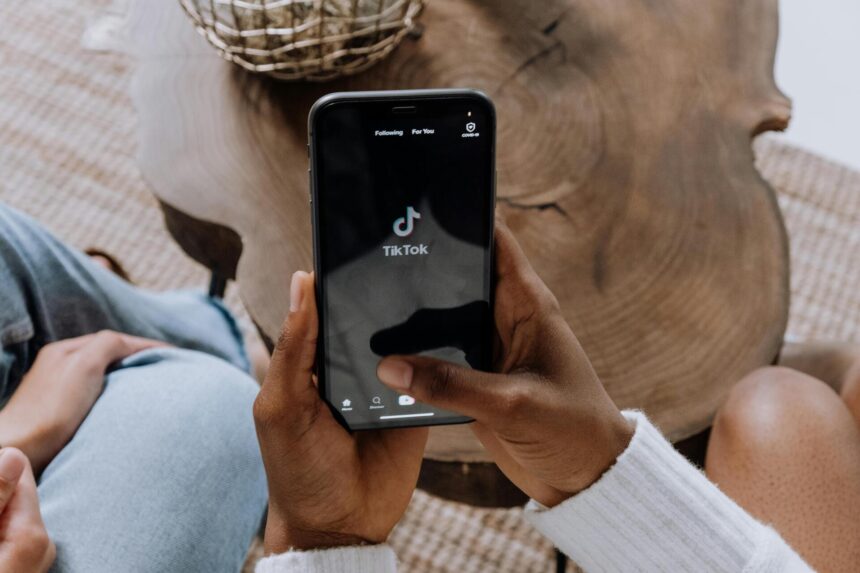The Positive: Creativity, Connection & Learning
1. A Platform for Self-Expression & Identity Building
TikTok offers teens a dynamic space to explore creativity and shape their identity. Researchers suggest it fulfills psychological needs such as achievement and belonging.
2. Educational Content & Awareness
Many youth benefit from bite-sized learning—whether for lifestyle skills, mental health awareness, or social issues. Platforms highlighted for providing meaningful content include creators and organizations using TikTok as an outreach channel.
3. Emotional Support and Peer Connection
Teens often form communities around shared interests—from study routines to personal stories—helping reduce feelings of isolation through virtual connection.
The Negative: Screen Time, Comparison, and Mental Health Risks
1. Addiction & Disrupted Real-Life Activities
TikTok’s fast, dopamine-driven feeds may impair focus and interfere with daily responsibilities—a phenomenon researchers liken to “TikTok brain.”
One study also found that short-form content impairs prospective memory—users struggle to remember planned tasks.
2. Body Image Pressures & Diet Culture
The platform’s trending content often glorifies weight loss and unrealistic beauty ideals. One study linked diet-focused hashtags like #thinspiration with harmful cultural norms.
This environment can amplify self-esteem issues—especially when youth compare themselves to polished influencers.
3. Mental Health Misinformation
Over half of the most viewed TikTok videos tagged as #mentalhealthtips were found to be misleading or oversimplified, raising concern about harmful self-diagnosis trends.
4. Anxiety, FOMO & Depressive Signals
Intensive TikTok use correlates with higher anxiety, mood dips, and compulsive browsing due to “Fear of Missing Out.”
A major school district lawsuit also highlights TikTok’s role in worsening youth mental health crises through addictive and harmful content.
5. Sleeplessness & Reduced Focus
High TikTok use often leads to bedtime scrolling, sleep disruption, reduced attention span, and increased screen time stress.
Real Teen Experiences (via Reddit)
“I noticed negative effects on my mental health instantly… I felt insecure and sad… I deleted it.”
— A teen’s personal reaction to re-downloading TikTok
“I curated a feed of study and recipe videos—no comparisons. It became motivation, not insecurity.”
— Choosing content wisely changed one teen’s experience.
Summary: Pros & Cons of TikTok for Youth
| Positive Effects | Negative Effects |
|---|---|
| Creativity, self-expression, learning | Creativity, self-expression, and learning |
| Social connection and peer belonging | Anxiety, FOMO, poor sleep |
| Awareness via thematic content | Misinformation and poor mental health advice |
| Boosts through shared skills and hobbies | Body image pressure, diet culture issues |
Final Thoughts
TikTok is neither fully harmful nor purely beneficial—it’s a complex ecosystem where youth experiences vary widely. Moderation, mindful content curation, and digital literacy are key:
- Encourage balanced screen time (1–3 hours/day) to support mental well-being.
- Choose intentional, enriching content.
- Rely on verified sources for mental health advice.





